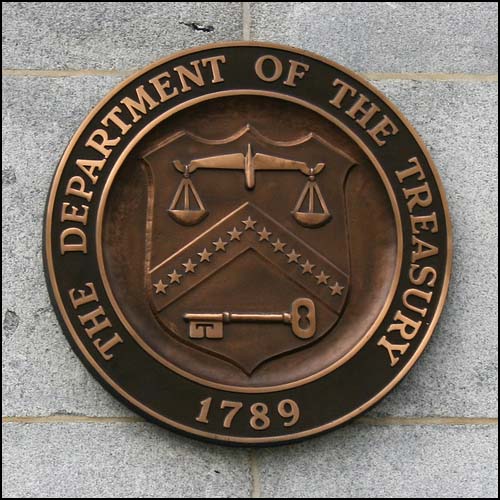 Samsung has just announced that, as of May 22, it is shutting off access from Iran to its mobile phone app store. The move, announced in an email to customers, was somewhat vague about the reason for the decision, citing only “legal barriers.”
Samsung has just announced that, as of May 22, it is shutting off access from Iran to its mobile phone app store. The move, announced in an email to customers, was somewhat vague about the reason for the decision, citing only “legal barriers.”
I’m not so sure what those “legal barriers” are that would mandate shutting down the store entirely. To begin with, Samsung, which is  headquartered in South Korea, is not a U.S. person and isn’t subject to U.S. sanctions on Iran. One can be quite sure that no U.S. persons are involved in Samsung’s dealings in Iran, particularly since Samsung appears to want to continue to sell its phones and other electronic devices in Iran.
Even more perplexing, of course, is trying to reconcile the company’s stance with the general license issued by OFAC in 2010 authorizing the export to Iran of certain services and software incident to the exchange of personal communications over the Internet. The guidance issued by OFAC on that general license makes crystal clear that “free mobile apps related to personal communications” fall within the license. The guidance also announces “a favorable licensing policy” for license applications to permit export of paid mobile apps relating to personal communications to Iran.
Perhaps the real culprits here are the Angry Birds, the Bad Piggies, and the Fruit Ninjas. It is probably safe to say that these popular mobile device games, whether free, freemium or paid, do not relate to personal communications over the Internet and aren’t covered by either the general license or the favorable licensing policy. Rather than sanitizing the store by eliminating those pesky games, Samsung just decided to chuck the whole thing. And, of course, there may also be practical reasons why it was hard to keep the fingerprints of U.S. persons employed by Samsung off the app store.
Needless to say, Â it is highly doubtful that whether the Samsung app store is open or closed will have any impact at all on Iran’s nuclear proliferation activities.

 Posted by
Posted by  Category:
Category: 

 OFAC announced on Friday a
OFAC announced on Friday a  Banks may be too big to fail but their employees, apparently, aren’t too small to nail.
Banks may be too big to fail but their employees, apparently, aren’t too small to nail. Last Friday, there were news reports, like
Last Friday, there were news reports, like  The new owners of
The new owners of 

